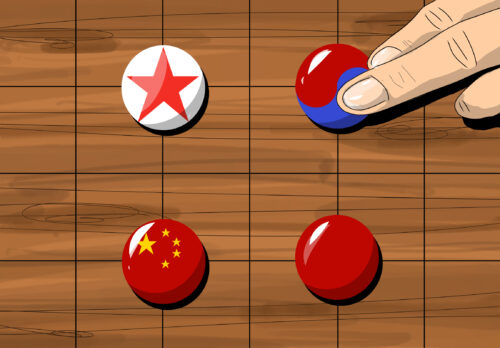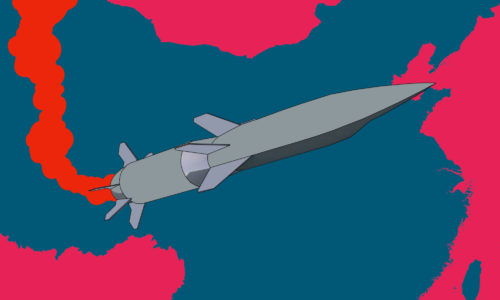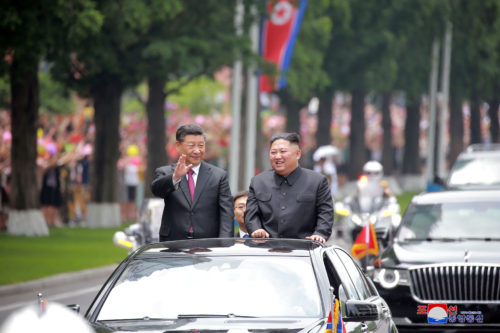Beijing’s Korean Conundrum
Kaiser Kuo’s selection of the top stories from China on September 6, 2017. Part of the daily The China Project newsletter, a convenient package of China’s business, political, and cultural news delivered to your inbox for free. Subscribe here.

Beijing’s Korean conundrum
How is the crisis over North Korea’s nuclear program playing out in Beijing? China’s leadership has banned discussion of the issue on social media, but what’s clear was there was precious little sympathy for Pyongyang. Though netizens are now prevented from mocking “Little Fatty the Third” or lamenting in their social media posts that China didn’t put down the snarling, bitey pitbull in the backyard before he went rabid and broke his chain, that doesn’t mean the Beijing leadership has Kim Jong-un’s back. Indeed, the Financial Times sees a swelling chorus of hawkish voices (paywall) among academics and policy think-tank experts calling for tougher sanctions, with the doves — only recently still dominant — now in retreat. China’s recent tests of antimissile systems and exercises to prepare for a “surprise attack,” reported on by Quartz and Reuters, respectively, both suggest that Beijing is as wary of an attack by its putative ally as it is of an American action.
Still, the Chinese leadership is loath to acquiesce in the Trump administration’s call for an oil embargo — and that’s the case, too, with Russia. Vladimir Putin has dismissed further sanctions as “useless and ineffective,” and told reporters at the BRICS summit in Xiamen that the North Koreans will “eat grass, but they won’t abandon their [nuclear] program unless they feel secure.” Many experts on North Korea agree, as Max Fisher writes (link paywalled) in his “The Interpreter” column for the New York Times. China, like the U.S., has few options it can actually use.
Late Wednesday night in Beijing, Trump spoke by phone with Xi Jinping. So far, no change from either president: Xi reiterated his call for peaceful talks, and Trump once again stressed China’s “important role” in resolving the crisis.

Philanthropic giving by Chinese and Chinese Americans is soaring
Major philanthropic giving by Chinese and Chinese Americans is soaring in the U.S. and China, fueled by a dramatic increase in the number of private charitable foundations from individuals and families in both countries. Major gifts by Chinese Americans rose nearly fivefold, to just under $500 million, from 2008 to 2014, as the number of Chinese American foundations in the U.S. rose to nearly 1,300, a 418 percent increase from 2000 to 2014.
Read the press release here, and download the full study by the Global Chinese Philanthropy Initiative and an online database of the philanthropists who were in included in it at www.globalchinesephilanthropy.org.






